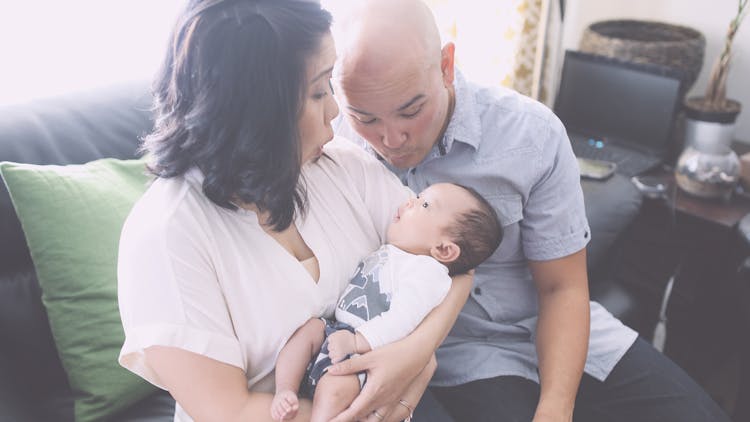It’s been said that we often judge others by their actions and judge ourselves by our intentions. It’s no wonder, then, that extending forgiveness to those who’ve wronged us can feel impossible. But Jesus made it clear that forgiving others isn’t optional—it’s required. Thankfully, we can learn a lot about forgiveness from Jesus. And when you feel like you just can’t forgive—here’s a forgiveness prayer inspired by the master of forgiveness.
First, let’s back up. Something you should know about Jesus’ words is that He spent a lot of them telling stories. Jesus chose to share stories for many reasons, but one of those may have been because He knew stories are full of characters we might see ourselves in. Characters who might invite us into the story God is telling through our lives.
One of Jesus’ stories is recorded in Luke 15:8-10. He presented to us a woman who had 10 silver coins. The coins He mentioned were Greek drachmas which would have been worth about a day’s wage each. Then, the woman lost a coin. A full day’s wage. Ouch! Jesus asked us, “Wouldn’t she look all over for it? Turn over house and home looking for it?” Yes, Jesus. She would, and we would.
Then, Jesus told us she found the coin. Phew! Again, Jesus asked a question. (Questions are another thing Jesus spent a lot of words on.) Wouldn’t she celebrate? Tell her neighbors and friends even? Throw a little party maybe? Maybe buy coffee for the next person in line?
Next, Jesus told us something really amazing. Just like the woman celebrated over her one coin, God and all His angels celebrate when just one person makes their life right with God.
That’s a beautiful story of God’s grace for us, right? Let’s flip the coin. Here’s another story. You spend 10 days with someone you really care about. Maybe you’re visiting family. Maybe it’s just any 10 days of your marriage. The first nine days are great, but on the tenth day, someone wrongs you deeply. You “lose a coin.”
Question: Have you already planned a loving celebration for the very moment they make it right? Or are you rehearsing the ways you’ll hold them to their mistakes?
This story does work both ways. Because Jesus never said, “I’ll forgive you, even if you don’t forgive others.” He said things like, “Forgive and you will be forgiven” (Matthew 6:14-15); “forgive seventy times seven”—as many times as it takes (Matthew 18:21-22), and, “forgive whenever you have anything against anyone” (Mark 11:25). As you read Jesus’ words today, ask Him to give you the strength and courage to deal with any unforgiveness you might be holding onto.
Also, take moment to celebrate. You are the coin He found.
Here’s that forgiveness prayer inspired by Jesus: Jesus, who do I need to forgive? How should I forgive them? Help me to extend the same grace You’ve shown me.


